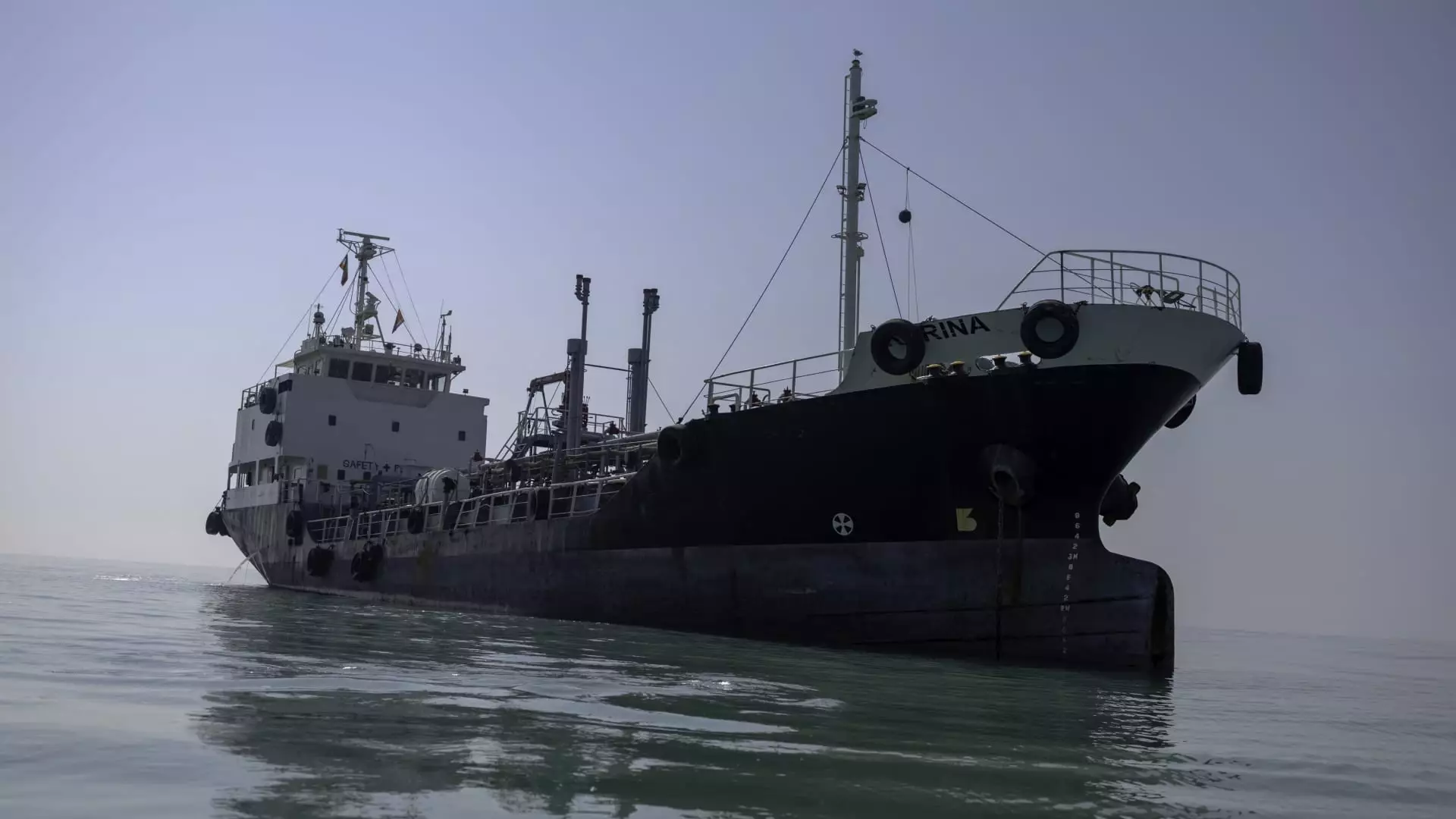As the geopolitical landscape shifts, the economic ramifications of conflict are becoming increasingly apparent. The recent escalation between Israel and Iran has not only captured headlines but has also drastically altered the shipping industry’s risk profile. Marine insurance, which serves as a lifeline for shipowners navigating perilous waters, has seen its rates surge alarmingly. While the cost for insuring a vessel transiting the Persian Gulf once hovered around 0.125%, it has now escalated to 0.2%, an increase that might seem minor at first glance but translates to significant financial implications for shipping companies. This hike reflects a growing unease and a reevaluation of risk, as insurers scramble to accurately gauge the volatile security environment.
The Ripple Effects on Global Trade
The implications reach far beyond the immediate waters of the Red Sea and Persian Gulf. Shipping companies, already grappling with an unpredictable global supply chain, are now faced with the distinct possibility that routes could be disrupted. With war risk assessments intensifying, some shipowners are reconsidering their routes altogether, even opting to bypass the crucial Strait of Hormuz. This narrow channel is not just a geographical landmark; it’s a vital artery for the world’s oil supply. The ramifications of even a temporary shutdown here could push global energy prices into a tailspin, exerting upward pressure on inflation rates in various economies. The worry is palpable among shipowners and industry stakeholders, as decreasing confidence in safe passage leads to a “flight to safety” mentality, resulting in fewer vessels traversing key maritime routes.
Political Uncertainty Fuels Economic Anxiety
The current geopolitical climate in the Middle East can be likened to a high-stakes chess game, where each move has the potential to escalate tensions or alleviate fears. The fear of U.S. involvement complicates this already fraught scenario. Stakeholders are left to ponder: how long before this localized conflict ignites broader military engagement? It’s a question hanging in the air, left unanswered, reflecting the precarious balance of power in the region. Shipping leaders are keenly aware that their operations depend not only on economic factors but also heavily on political stability—an ever-elusive commodity in this part of the world.
Industry Pulse and the Crisis of Confidence
The maritime industry is inherently reactive; thus, the current climate of insecurity has compelled it to adopt a tighter risk tolerance. The fact that insurance quotes are now only valid for 24 hours signals a crisis of confidence that could lead to increased costs across the board. The decision-making process for shipping routes has transitioned from strategic planning to crisis management. This shift raises a grave concern: if insurers continue to face heightened claims in a tense environment, we could witness a compounding effect where costs spiral even further, leading to a domino effect on global trade.
The conflict between Israel and Iran is not just a regional dispute; it casts a long shadow over global economic stability. In these turbulent times, when safety comes at such a hefty price, it’s crucial for all of us to reckon with the consequences of political strife played out on the global stage.


Leave a Reply